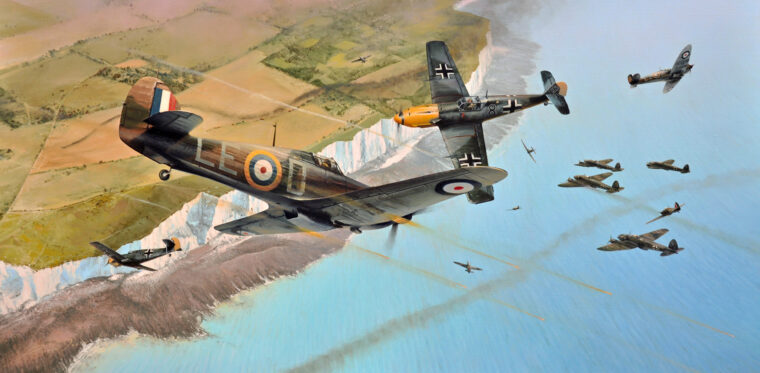
Dunkirk
Fighter Ace Douglas Bader: The RAF’s Legless Legend
By Michael D. HullBombed almost daily for several months and in fear of an imminent German invasion, the British were hanging on by their fingernails when September 1940 came. Read more

Dunkirk
Bombed almost daily for several months and in fear of an imminent German invasion, the British were hanging on by their fingernails when September 1940 came. Read more
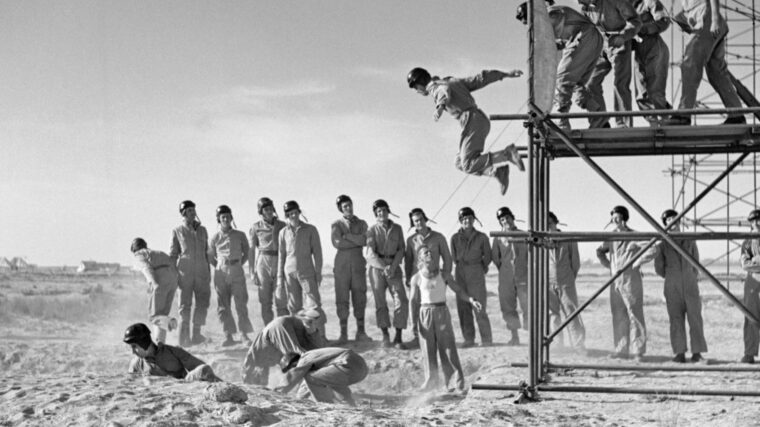
Dunkirk
After the British Expeditionary Force’s (BEF) debacle at Dunkirk in northern France in May 1940, the new prime minister, Winston Churchill, needed a novel type of fighting force to strike back at Nazi Europe. Read more
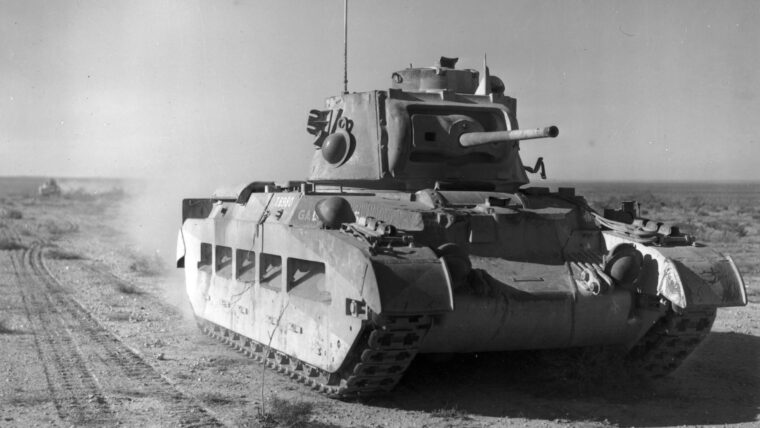
Dunkirk
The origins of the Matilda Tank or “I” Tank date back to 1934, when Maj. Gen. Percy C.S. Read more
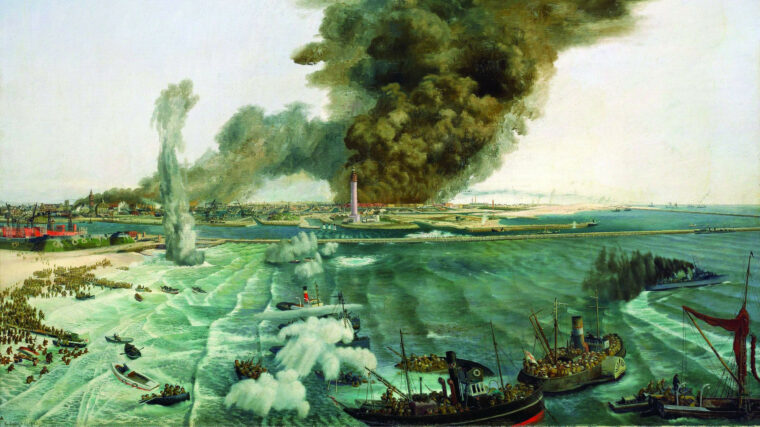
Dunkirk
Following the 76th anniversary of the evacuation of the British Expeditionary Force (BEF) from the beaches and harbor of Dunkirk, one is amazed at the number of articles and volumes written about the subject. Read more
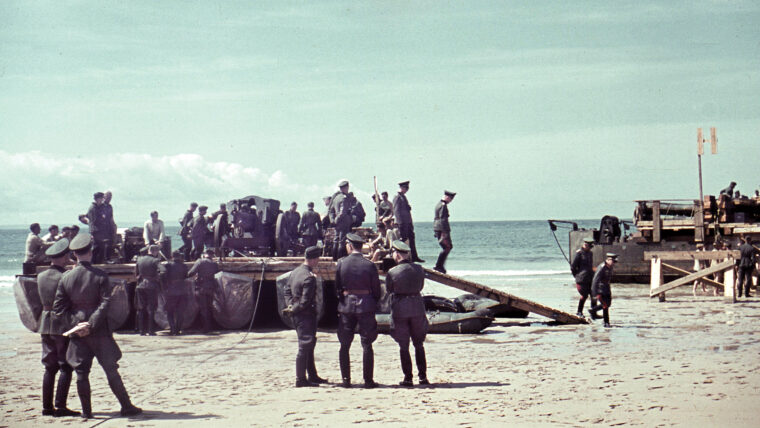
Dunkirk
Major Graf Von Kielmansegg, an officer in Germany’s 1st Armored Division based near Orleans, France, was dragged from a cinema on the night of August 28, 1940, and told to report to his chief of staff. Read more
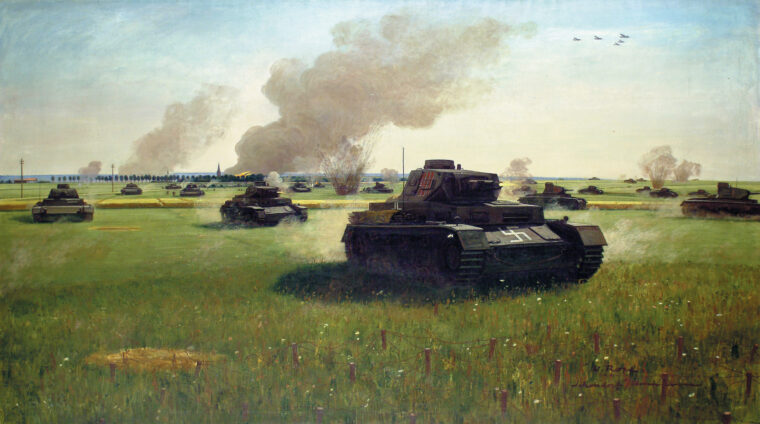
Dunkirk
May 10, 1940, marked the beginning of the war in western Europe. Nazi-controlled Germany invaded Holland, Belgium, Luxembourg, and France. Read more
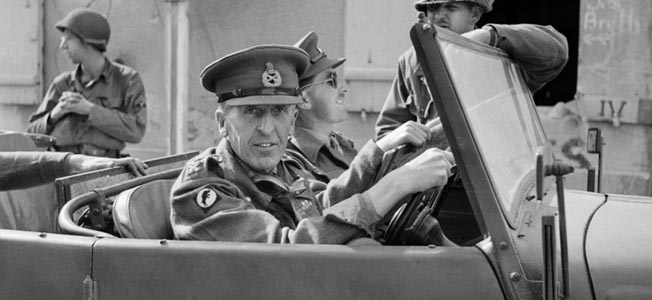
Dunkirk
A big challenge faced Maj. Gen. Brian G. Horrocks, an infantryman, when he was cross-posted to take command of the British Army’s 9th Armored Division in March 1942. Read more
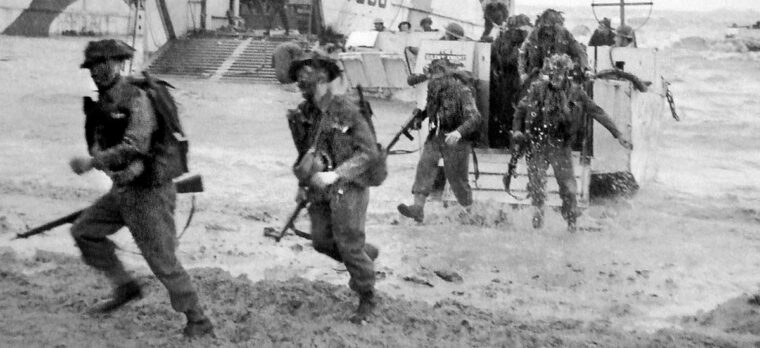
Dunkirk
A chill breeze cut through the early morning haze, and the storm-swollen sea was rough off the coast of northern France on Tuesday, June 6, 1944. Read more
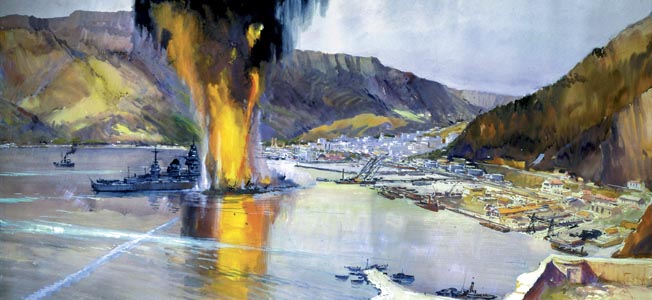
Dunkirk
When the armistice between France and Germany was put into force on June 25, 1940, the fate of the powerful French Navy—the fourth largest in the world—was of critical importance to the British. Read more
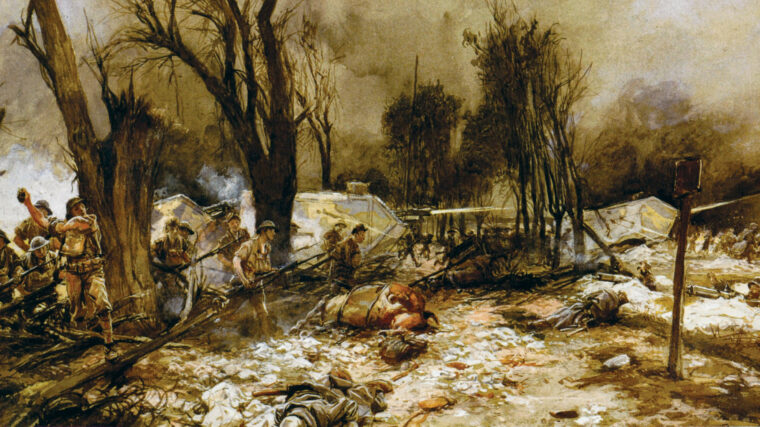
Dunkirk
In director Howard Hawks’s 1941 film classic, Sergeant York, then-Corporal Alvin York, portrayed by Gary Cooper, single-handedly knocks out more than 30 German machine-gun nests and, with little assistance, captures 132 enemy soldiers. Read more

Dunkirk
Pauline Hayton was 52 years old before her father, Norman Wickman, talked about his life in the British Army, and what happened in Dunkirk as he saw it. Read more
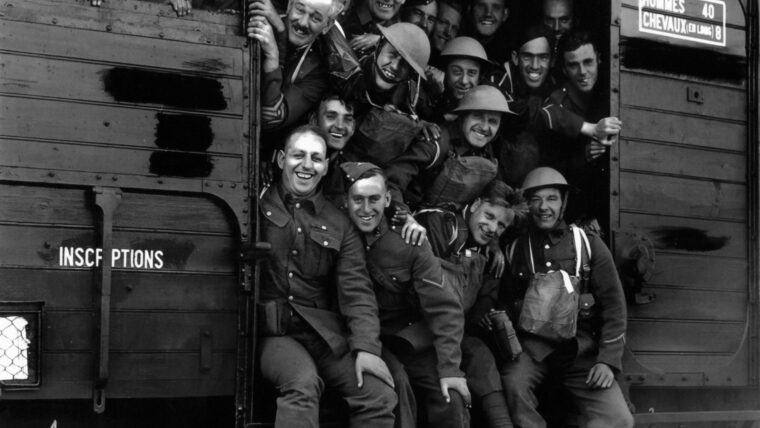
Dunkirk
Lord John Vereker, 6th Viscount Gort, Commander in Chief of the British Expeditionary Force (BEF) in France in 1940, and his chief of staff, General Henry Pownall, have both been forever associated with the British Army’s greatest continental defeat; namely, the retreat through Flanders and eventual evacuation from the harbor and beaches of Dunkirk in May and June, after being engaged with the invading German Wehrmacht for only three weeks. Read more
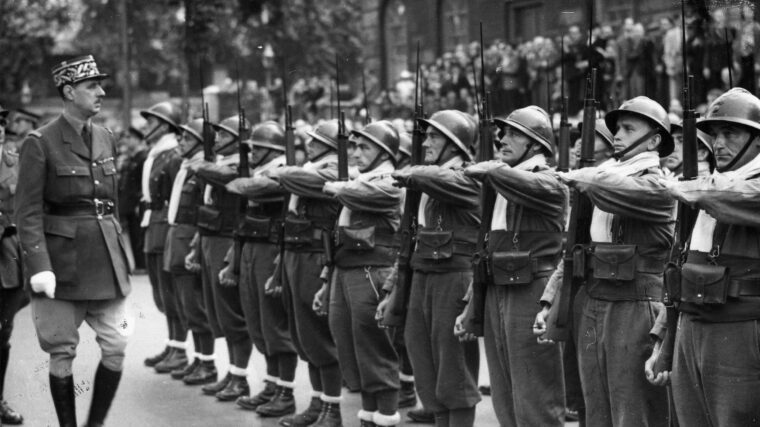
Dunkirk
On the evening of June 16, 1940, Marshal Henri Philippe Pétain was appointed Prime Minister of France. It was a critical time. Read more
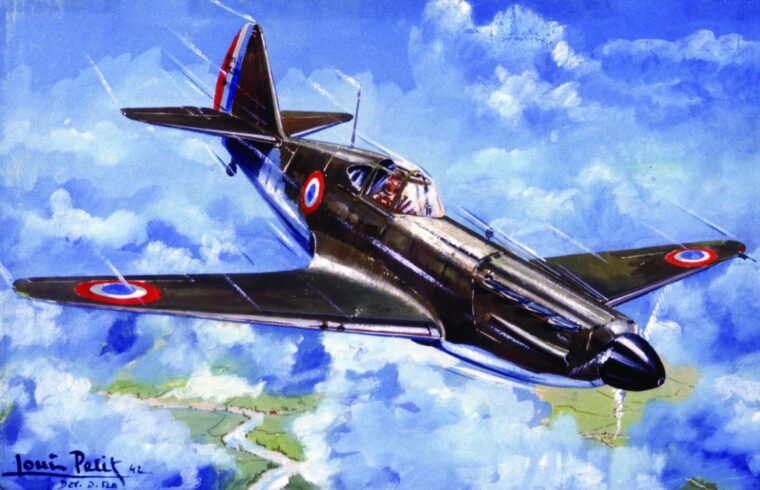
Dunkirk
In the annals of World War II, one of the most famous airplanes is the British-developed Supermarine Spitfire, an agile, elliptical-wing fighter that has become synonymous with the Royal Air Force victory in the Battle of Britain. Read more
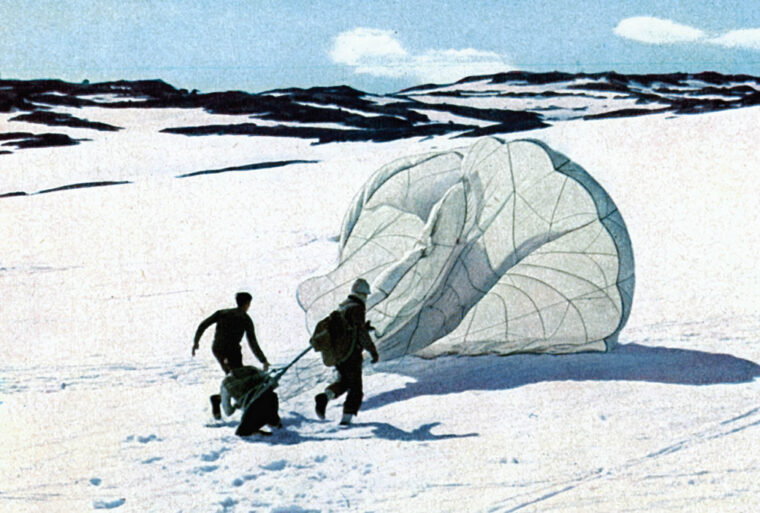
Dunkirk
The Polish Campaign in 1939 demonstrated the awesome effectiveness of aircraft as weapons platforms for close ground support. Read more
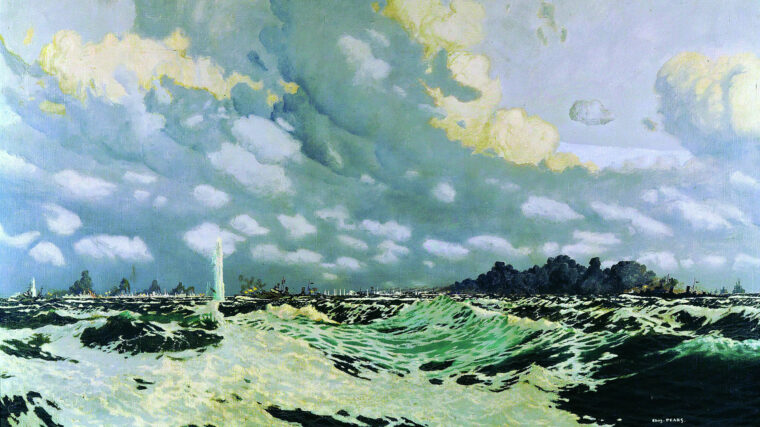
Dunkirk
Located 58 miles south of Sicily in the Mediterranean Sea, the rocky, 122-square-mile island of Malta was the hinge upon which all Allied operations in the Middle East turned during the first half of World War II. Read more
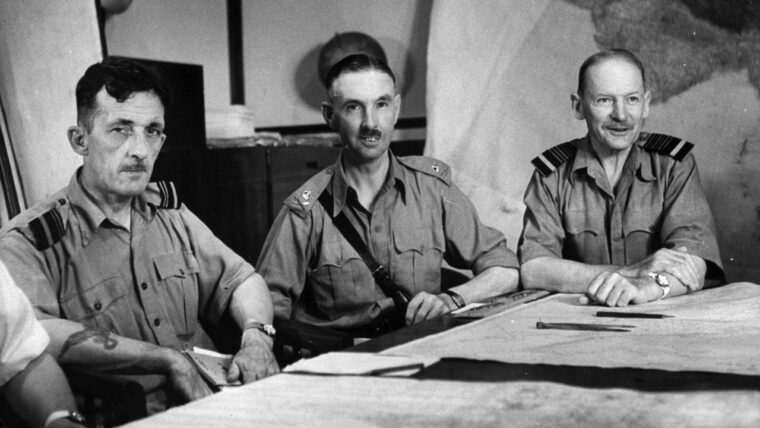
Dunkirk
On February 15, 1942, the island fortress of Singapore surrendered with 130,000 men, thus ending the defense of Malaya as one of the largest military disasters in the history of British arms since Cornwallis’s capitulation to Franco-American forces at Yorktown in 1781 during America’s Revolutionary War. Read more
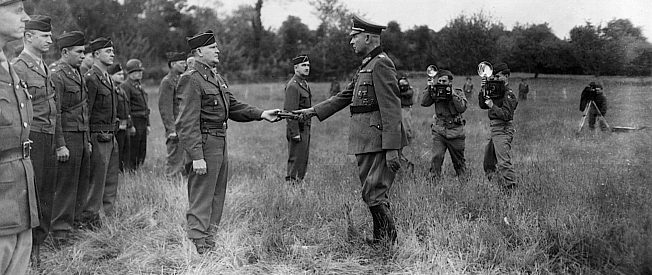
Dunkirk
It was said on May 8, 1945, that some of the victors wandered around in a daze. They were puzzled by a strange silence. Read more
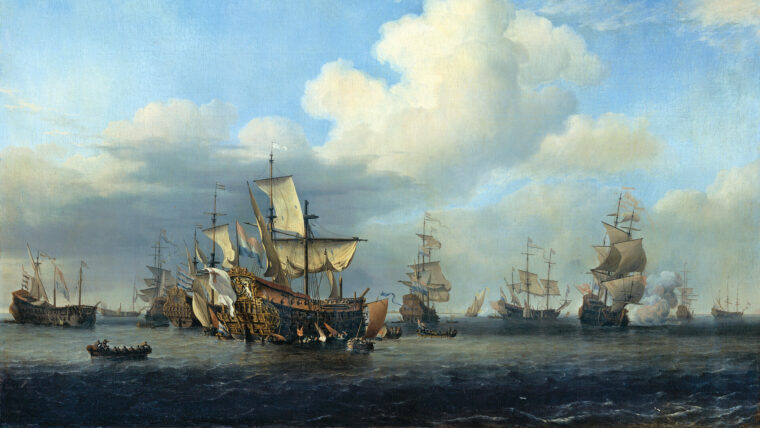
Dunkirk
Admiral General George Monck, first Duke of Albemarle, walked into the great cabin of his flagship Royal Charles with a calm and determined air, tersely greeting his assembled captains before they all sat down at a large table. Read more
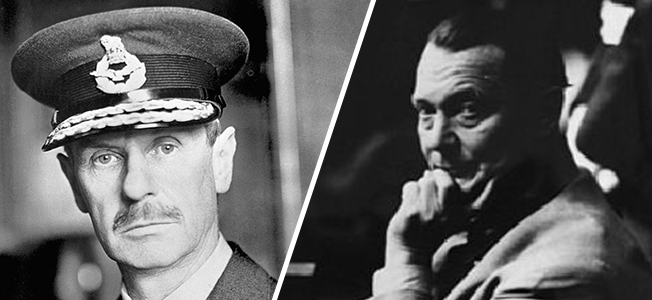
Dunkirk
By the summer of 1940, Hitler’s Nazi war machine had advanced from victory to victory, crushing Poland, overrunning France and the Low Countries, and ejecting Allied forces from the continent of Europe at Dunkirk. Read more